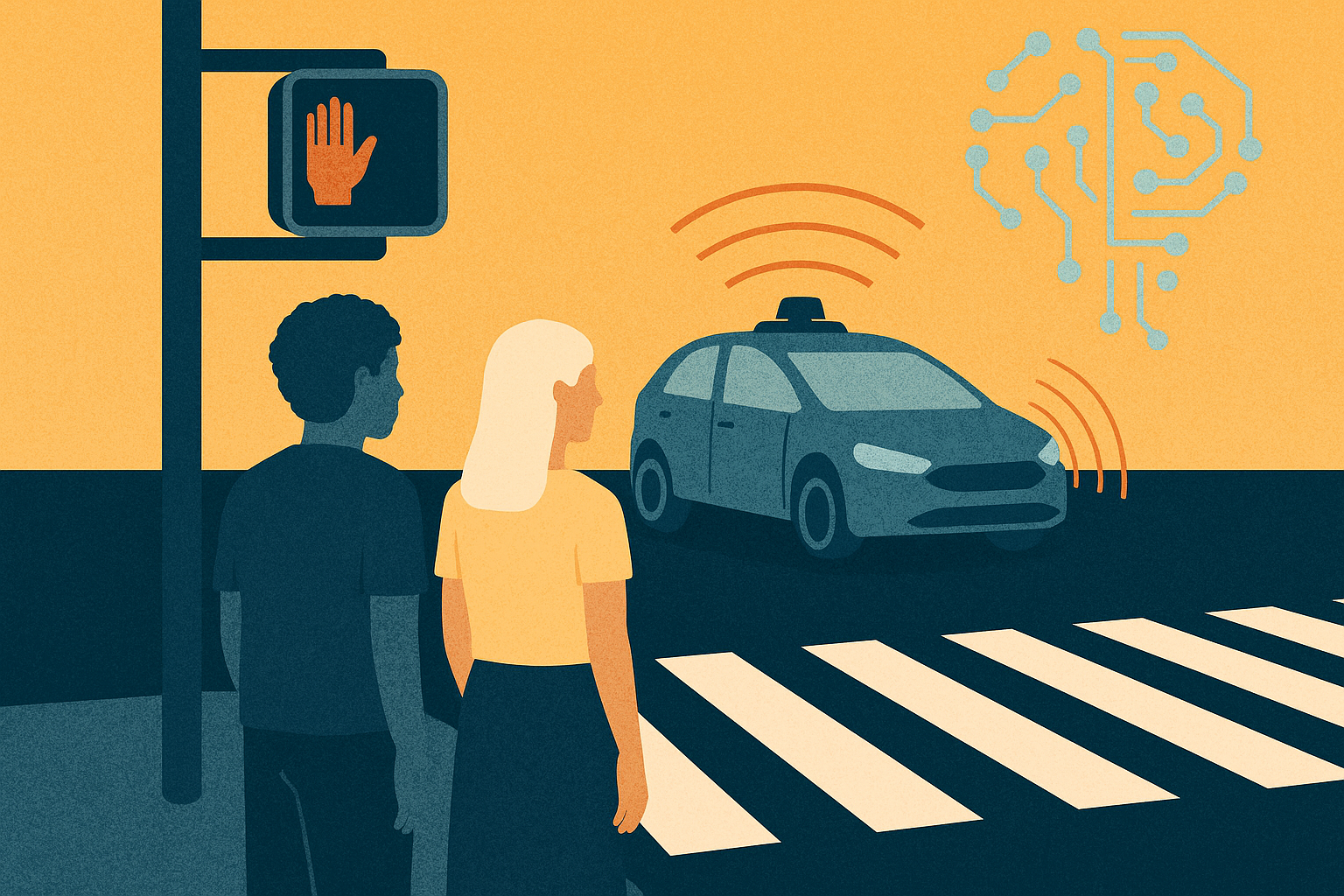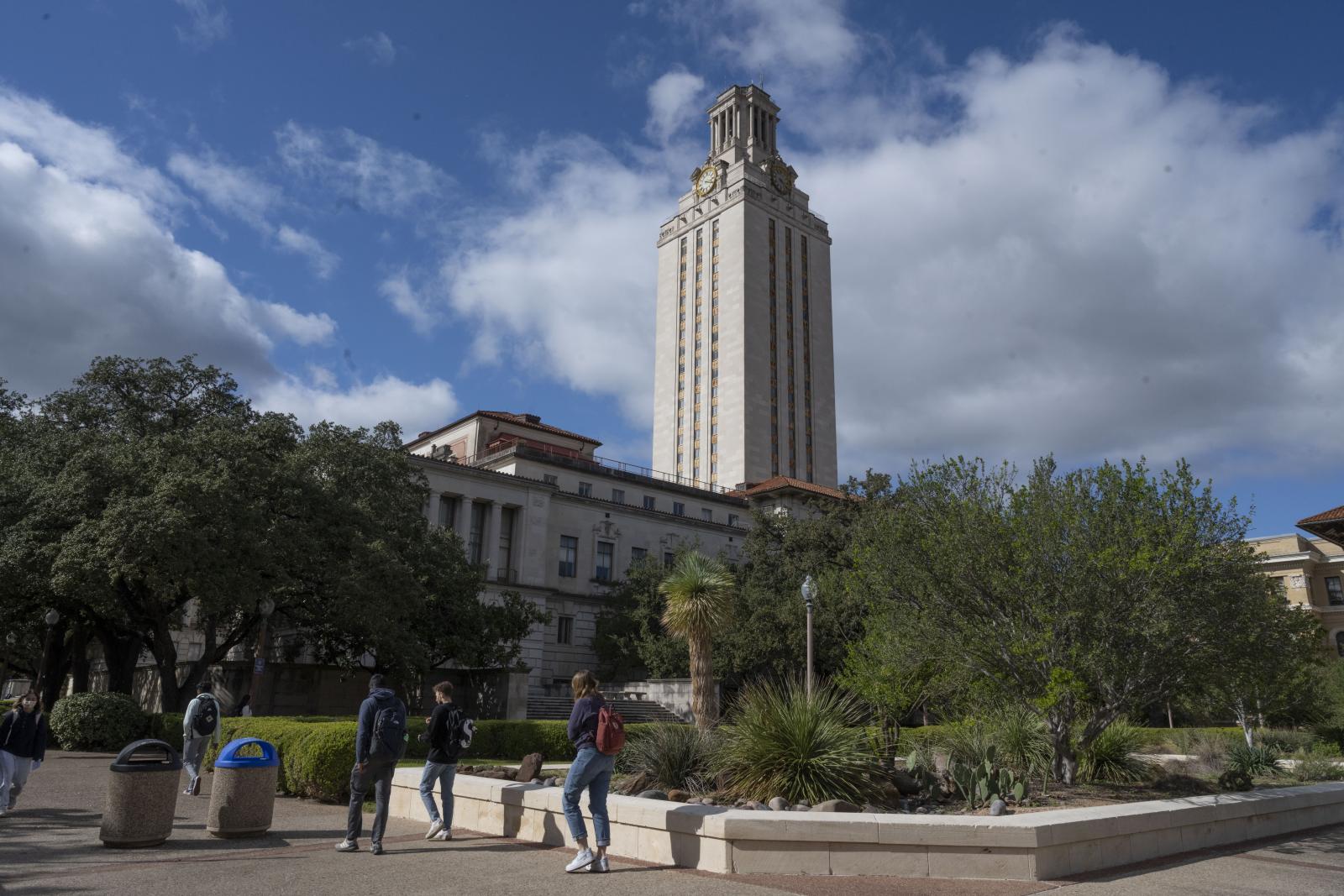AI-based technologies increasingly shape access to safety, health, and essential services, yet they can produce outcomes that raise concerns about fairness. This project examines how AI systems influence experiences in transportation, health, and public-sector contexts through studies of pedestrian behavior, healthcare access and provision, and municipal technology practices. By combining computational modeling, immersive simulations, stakeholder interviews, and community-centered design, the team develops insights and tools that help ensure AI systems reflect societal needs and support fairer decision making. Ongoing engagement with government agencies, healthcare providers, and community partners informs policy and practice aimed at fostering more responsible and fair uses of AI.




